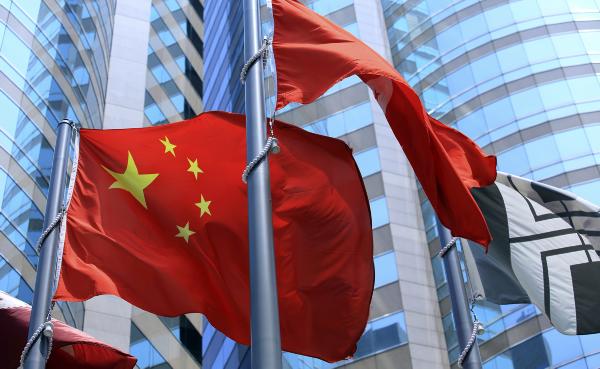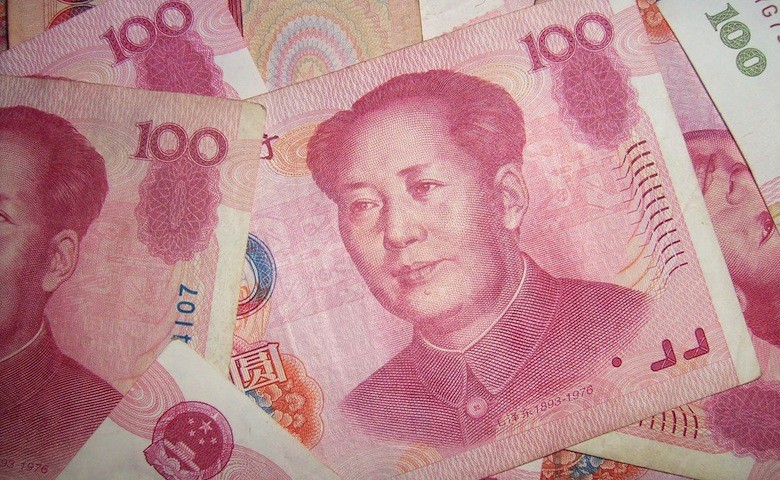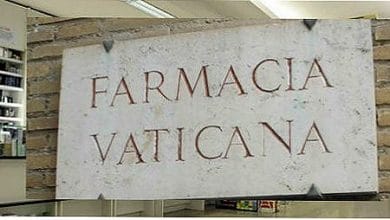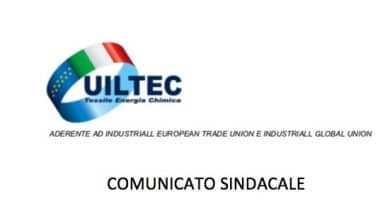
Estimates suggest that drug spending in the Asian country will reach 185,000 million in 2018
Friday, May 22, 2015 – EL GLOBAL
 Starting June 1, China will lift price controls for most medicines, as announced by the Development and Reform Commission (NDRC) in Beijing. Until now, the price of drugs had been capped, and, starting on the date set, it will be "competition, which will determine the prices of drugs," as the NDRC said in a statement. This measure makes China the second largest pharmaceutical market after the United States, and is even more attractive to the pharmaceutical industry, as Moody's points out. Vice President Michelle Zhang said that "the reform announced by the Chinese government will create a healthier pricing system, based on the supply and demand market, which will encourage pharmaceutical companies to invest in marketing, innovation and start the development of new drugs quality. ”
Starting June 1, China will lift price controls for most medicines, as announced by the Development and Reform Commission (NDRC) in Beijing. Until now, the price of drugs had been capped, and, starting on the date set, it will be "competition, which will determine the prices of drugs," as the NDRC said in a statement. This measure makes China the second largest pharmaceutical market after the United States, and is even more attractive to the pharmaceutical industry, as Moody's points out. Vice President Michelle Zhang said that "the reform announced by the Chinese government will create a healthier pricing system, based on the supply and demand market, which will encourage pharmaceutical companies to invest in marketing, innovation and start the development of new drugs quality. ”
In April 2014, the NDRC liberalized prices for some medicines, as well as snuff, port and rail fares, air travel and utilities. Experts have accused the Chinese authorities of distorting the market with its pricing policy and thus causing supply shortages for some essential medicines.
THE Indeed, the global pharmaceutical industry has been calling for more market liberalization for years. According to the latest forecast published by IMS Health, relative to the month of November, Chinese pharmaceutical expenditure will reach 185,000 million (166,000 million euros) in 2018, with an average annual growth of between 10 and 13 percent during this period. In fact, as pointed out by the health consultancy firm, per capita spending is projected to rise by around 70 per cent over the next five years.
Indeed, the global pharmaceutical industry has been calling for more market liberalization for years. According to the latest forecast published by IMS Health, relative to the month of November, Chinese pharmaceutical expenditure will reach 185,000 million (166,000 million euros) in 2018, with an average annual growth of between 10 and 13 percent during this period. In fact, as pointed out by the health consultancy firm, per capita spending is projected to rise by around 70 per cent over the next five years.
A forecast that approaches what was recently published by the newspaper The Economist in a study on emerging markets, where in 2017 China aims to reach 160,000 million dollars (about 123,000 euros) on sales of medicines.
Five-year plan
Improvements in infrastructure and health services through the implementation of the five-year plan (2011-2015), together with the reform of the hospital sector, explained the upward revisions. However, there appeared to be restrictions in place in the IMS Health report  matter of prices, which gives hope that the forecast is rising due to the new initiative of the Chinese government.
matter of prices, which gives hope that the forecast is rising due to the new initiative of the Chinese government.
In addition, the consultant also understands the increase in private healthcare, with 15 percent more hospitals than in 2013. Although Beijing has tried to clarify the news and argued that liberalization will always ensure that prices move within a framework “ reasonable". Thus, if steep price changes occur, the country's regulatory body will still be able to act. Furthermore, it notes that there will still be restrictions on the prices of narcotic and psychotropic substances.
Moody's suggests the biggest boon will be for the country's domestic pharmaceutical industry. “The ongoing major reforms will be beneficial, above all, for large Chinese pharmaceutical companies with strong R&D capacity.” Although, however, it indicates the great opportunity that this initiative presents for pharmaceutical companies worldwide.





